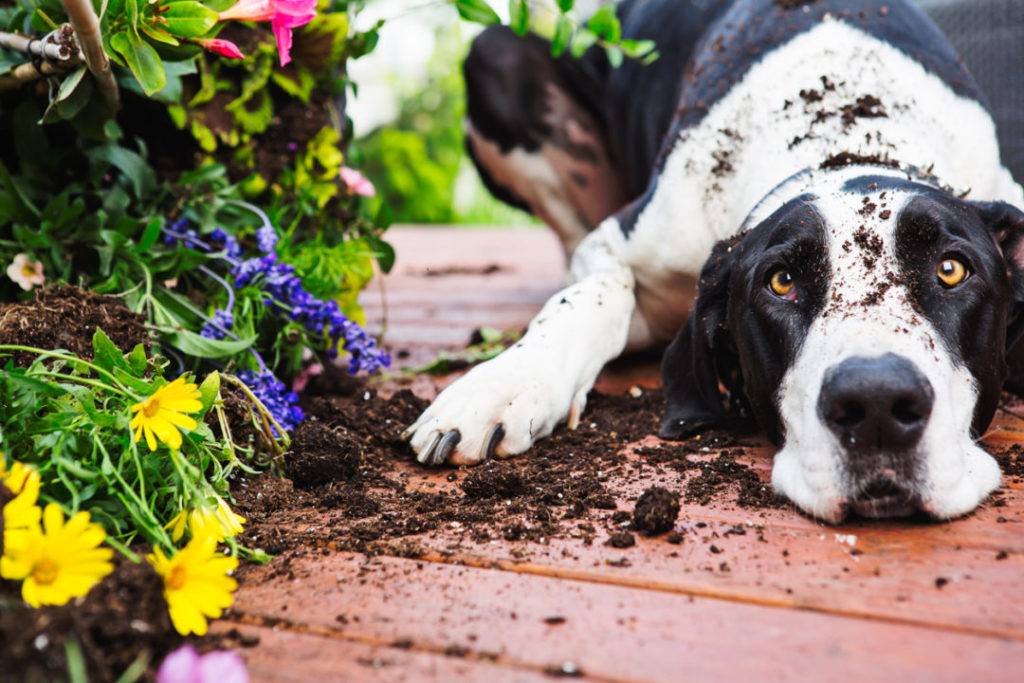
For many Australians, life is unimaginable without their pet. In fact Australia has one of the highest rates of pet ownership in the world with dogs and cats among the most popular animals. Pets are dependable companions and for many pet owners, their dog or cat is considered a valued family member. Before a pet is brought into the home, discussions will often centre on the breed, care, responsibilities such as feeding and of course the name.
Few pet owners stop to think of the legal responsibilities that are associated with pet ownership. Failure to understand and meet these responsibilities could leave pet owners open to liability.
Pet Owner Liability
If a pet causes injury to a person or damage to their property, the pet owner can be held wholly or partly liable under legislation or common law rules of negligence.
Examples of when a pet owner may be held liable include:
- If a dog escapes from the property and causes injury to a member of the public or damage to their property.
- If a dog runs onto a road causing a car crash or bike accident.
- A dog not on a leash in a public space attacks another pet.
In all circumstances, pet owners or the person in charge of a pet (for example a person minding their friend’s cat or a dog walker) are responsible for the control of the pet in public places.
Pet owners are also responsible for the actions of pets on their own private property. For example, if a pet attacks a visitor with no provocation the pet owner may be held liable.
In answer to the question, ‘when is a pet owner liable?’ the answer is ‘almost always’. Ultimate responsibility for the actions of a pet lies with the pet owner or carer. There are however some exceptions so if you’ve been injured or your property damaged as a result of someone else’s pet it’s important to speak with a legal professional who can advise on your particular case.
What do I do if I am involved in an accident caused by someone else’s pet?
NSW regulations stipulate that dogs must be confined. If the dog is taken off a property it needs to be kept on a lead. If a pet is allowed to roam the neighbourhood without restraint and causes you to have a car accident, you may be able to sue the pet owner for negligence. However, if despite the owners best efforts to keep their dog restrained it escapes on a single occasion, it can be difficult to prove that the pet owner was negligent.
In some instances, a judge will rule that a car accident would not have occurred if the driver hadn’t swerved to avoid the animal. Speed may also be a factor, or the driver may not have been sufficiently vigilant in keeping his/her eyes on the road. In other situations, motor vehicle accidents caused by pets are considered ‘blameless accidents’. Taylor & Scott Lawyers will help you clarify if the pet owner was negligent and you are entitled to compensation.
How do I proceed in making a claim if I am bitten by a dog?
Dog owners have a legal responsibility for their dog’s actions toward other people. If you have been bitten by someone else’s dog, it may be possible to make a liability claim against the dog owner for financial losses and medical expenses incurred. You will need to prove the dog owner’s negligence in not sufficiently restraining their pet, and that you didn’t cause the attack by provoking the dog.
Pet liability could be waived if, for example, you climbed into a yard without permission and the dog was defending its owner or the property. However, if you have been injured in a serious dog attack, the police and local council should be notified and you should seek legal advice to determine the appropriate recourse for damages or compensation.
What happens if I require ongoing medical treatment from an accident involving a pet?
If you have been injured in a dog attack and require ongoing medical treatment, the pet owner can be held responsible to pay for medical treatments. Dog attack injuries can be substantial, with damages potentially adding up to hundreds of thousands of dollars if you are unable to continue working. You should retain any treating doctors reports and other information related to the attack and your injuries for accessing payments to cover ongoing medical treatment, pain and suffering, loss of income and any other care and assistance required due to the injury. Contact your lawyer for advice on the appropriate steps to take in your claim.
What information do I need to proceed with my claim?
As with any liability claim, the more information you provide the greater potential for a successful claim outcome. Taylor & Scott Lawyers can assist you in preparing a comprehensive liability claim document. We will undertake police and medical searches on your behalf, obtain witness statements, correspond with insurance companies and relevant experts and advise you of the correct procedures for making a claim.
Taylor & Scott Lawyers have handled numerous cases where animals (particularly dogs) have injured members of the public.
Call Taylor & Scott Lawyers on 1800 600 664 or complete the contact form on this page.
At Taylor & Scott Lawyers Experience. Commitment. Results.








